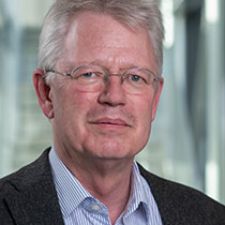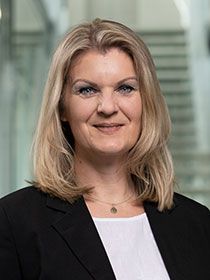-
Graduation
Certificate
-
ECTS-Points
30
-
Learning format
-
Duration
2 semesters, part time
-
On-Campus Teaching
Th-Su
-
Costs
EUR 4.600,--
-
Admission requirements
According to curriculum
-
Language
German
-
Curriculum

The course aims to promote the integration of migrants and encourage mutual understanding between locals and migrants to contribute to the social cohesion within Austrian population. Social cohesion is a prerequisite for sustainable economic growth and is deemed to secure the welfare of all.

Anyone who operates globally should be aware of interlinkages of phenomena and actors and be able to reflect and adapt approaches and strategies.
Mag.
Friedrich Altenburg, MSc
Study Program Manager - Department for Migration and Globalisation
You are welcome to find detailed information about the program on the German website, as the language of instruction for this program is German, or you can contact us directly.
Any questions?
We’re here to help.

Alexandra Zeilinger
Administrative assistant
Or contact us directly.
Tags